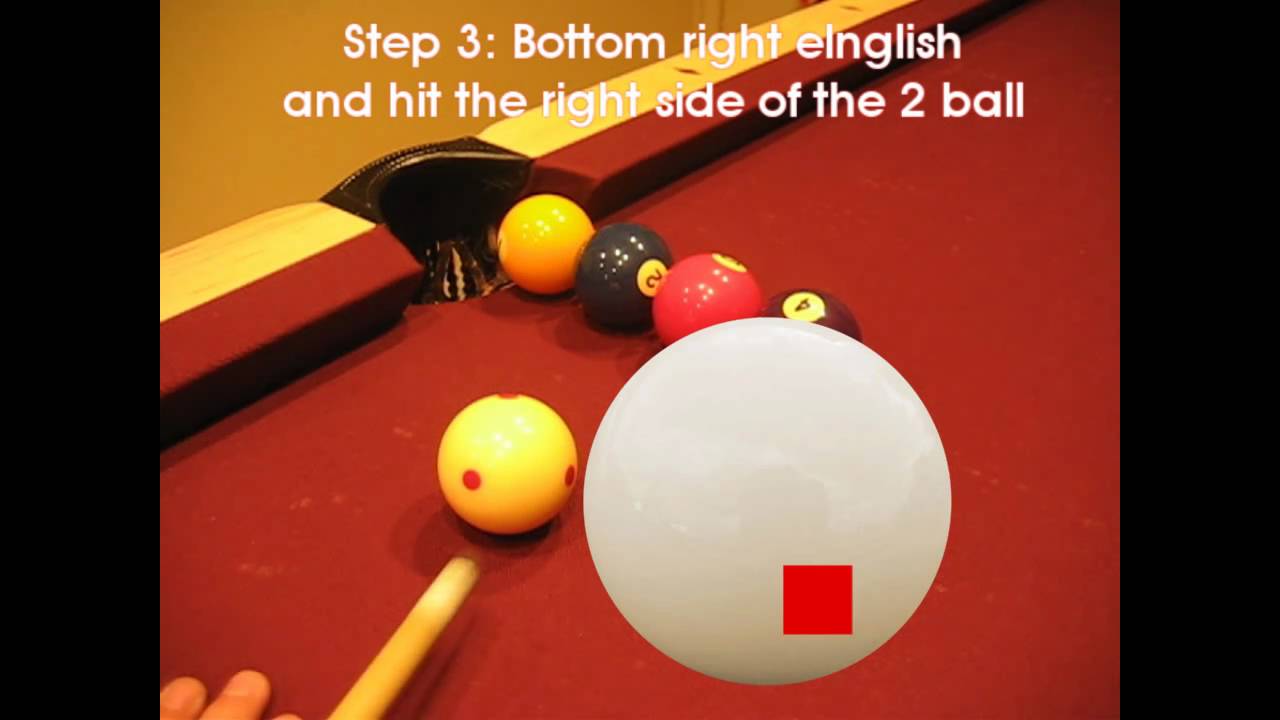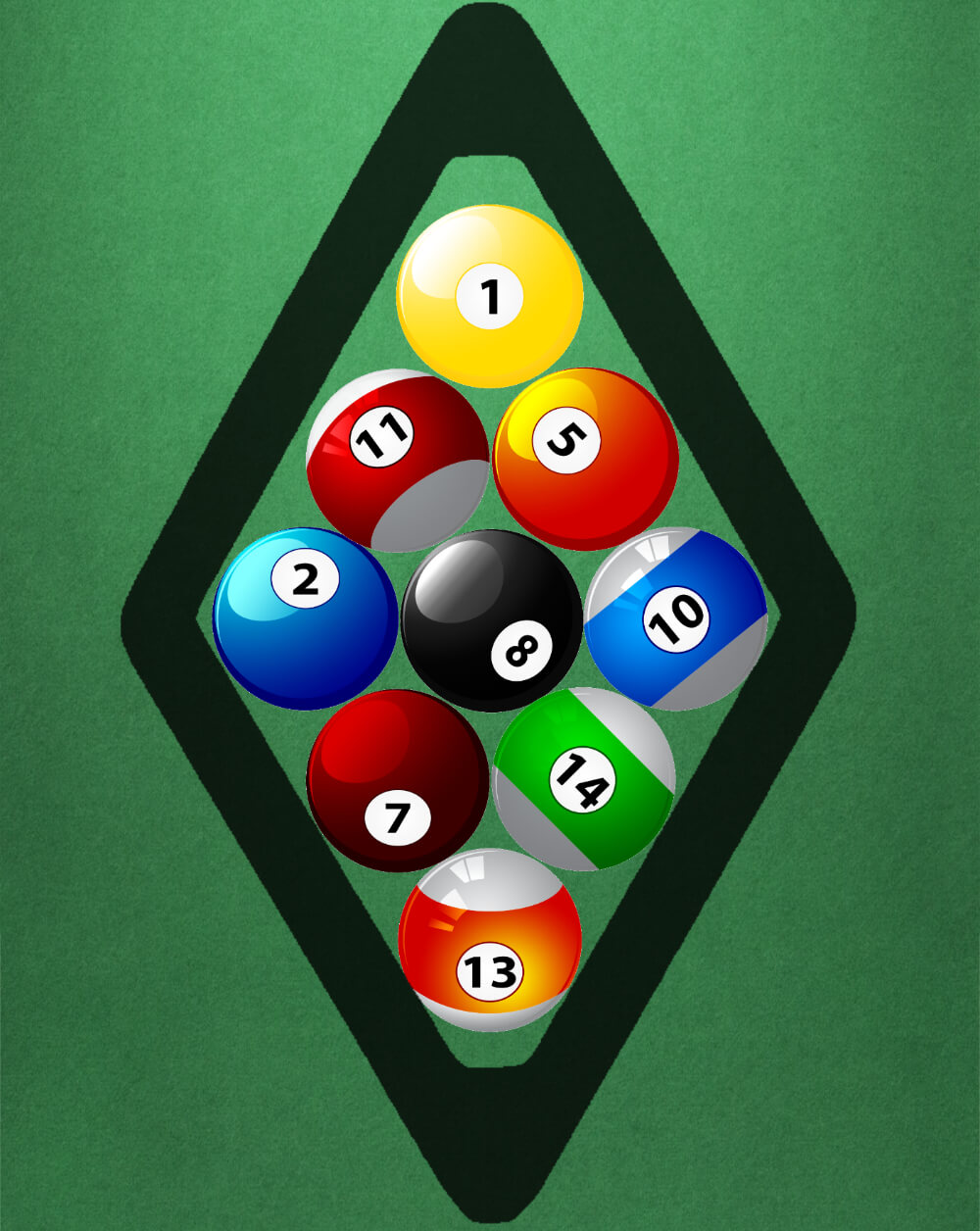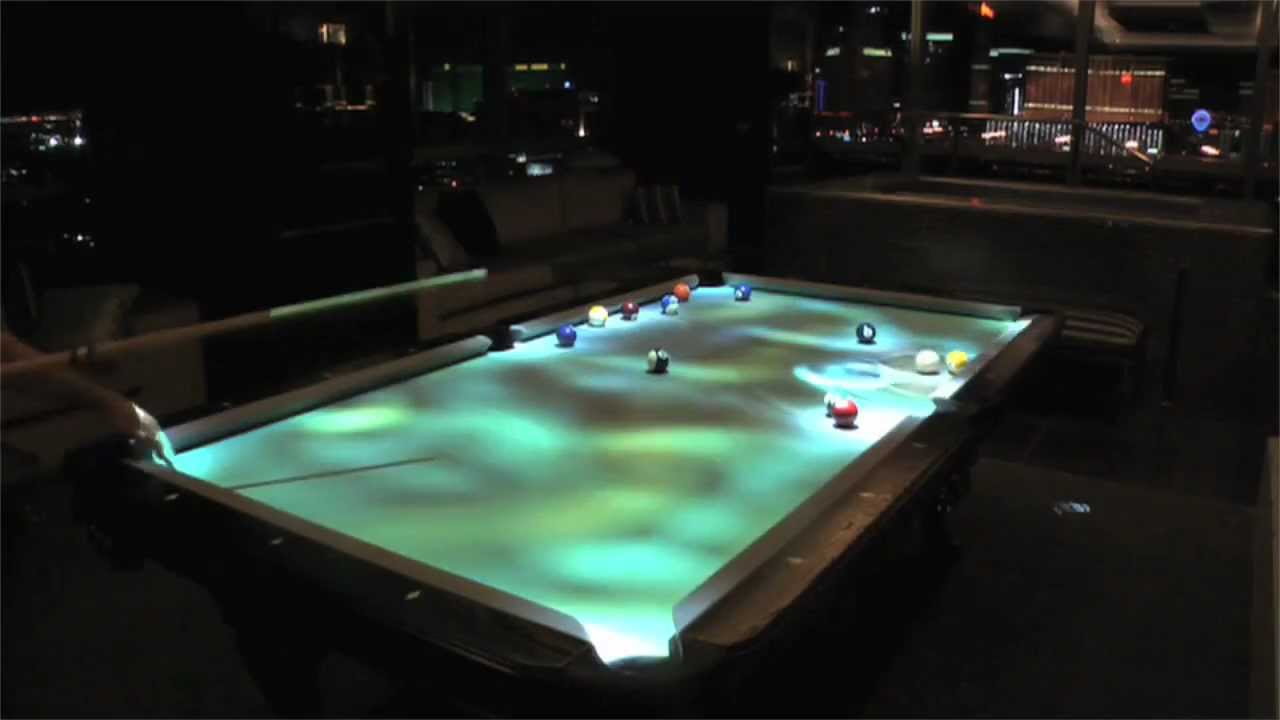
There are many materials that can be used to make pool balls. These include wood, plastic and phenolic resins. Each material comes with its own set of advantages and drawbacks. Despite all the options, phenolic resin pool ball are the most durable and longest-lasting.
They are resistant to scratches and have a long life span. These balls are generally more expensive but they are well worth the extra cost. Also, these pool balls are known for their unique feature, which is their high density surface.
Phenolic Resin, a strong and long-lasting substance, has been used in many industries. It is made from phenol and formaldehyde. This mixture is then molded under extreme pressure to form the ball. The material has high bonding strength and can withstand extreme temperatures. The molecular structure makes phenolic resin more resistant to cracking. Therefore, phenolic resin pool balls can last up to five to six times longer than polyester balls.

Also, plastic compounds are considered durable and non-flammable. But they also have their flaws. They lose their shine much faster than phenolic rubber balls. You may also get burn marks on the table from using them.
Plastics were in their infancy in the 19th century. But American chemist Leo Baekeland discovered a new chemical that could be molded to create a plastic-like substance. He named the product Bakelite and used it in the production of billiard balls. This material quickly became the standard in billiards.
The material gained popularity in the United States during the 20th century. Wealthy people could buy it. It was still costly, but the material had more durability than wood. In the 1920s, the material had replaced wood in the manufacture of billiard ball balls.
The majority of professional pool balls today are made from plastic or phenolic compounds. This material is much stronger than ivory or wood. It's also slightly more expensive, but it's a great investment for anyone who plays often.

A set of professional pool ball sets is a great way to learn the game. You can also get an accessory kit with extra pool balls or other equipment to make sure your game is protected.
Alternative options include synthetic materials such as acrylic and polyurethane. These materials are cheaper but have their downsides. They don't lose their shine quite as fast as phenolic resin balls but they can be just as fragile and prone to deterioration. They aren't as resistant to scratching as phenolic.
If you don't want to spend the money on phenolic resin balls you can still get a set with polyester balls. Polyester balls can be cheap but aren't as long-lasting. Some of them may even break. Polyester balls should only be purchased from reputable companies.